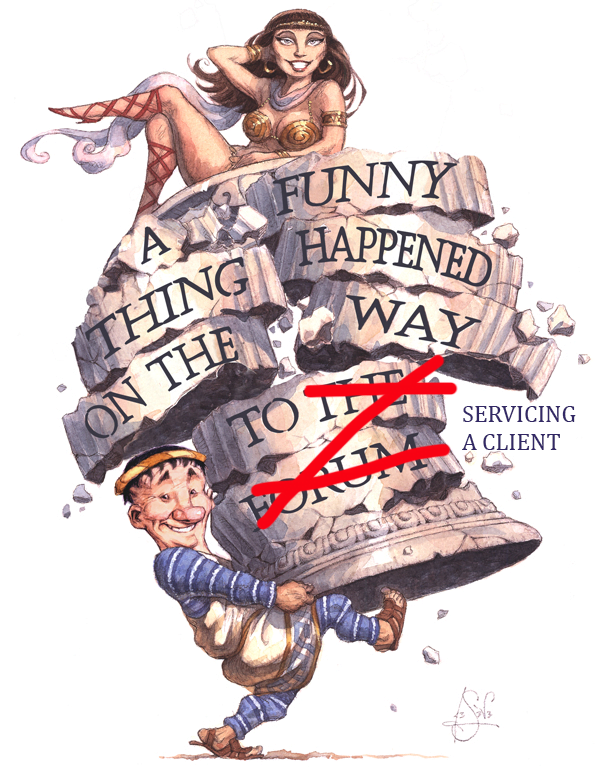
Last week, something happened that had not happened in the past decade in my practice. A prospective client called with a case that was worth $100,000-$200,000. However, it was a slip and fall case and would likely have to go into suit and would resolve with a settlement in 2 years. The client had been through a difficult divorce and did not want to go through litigation and wanted to settle the case pre-suit but had no idea of the value of the case. So, she came to me for advice. Now, normally, advice on case values is sort of proprietary information. Nevertheless, I thought that there was no way a carrier would give the client a fair valuation on her case.
Nevertheless, soon after her injury and healing, the carrier settled her case with her for halfway between what I told her to demand and the initial offer. So, this was a great result for the prospective client. She basically saved herself my 1/3 referral fee and avoided litigation and was happy with the outcome.
I chalked this up to future good karma that should come back to assist me in the future and generally I work hard to make sure that people know I am honest and looking out for their best interests. I think no good comes when a client thinks that their lawyer is more concerned with their own well-being over that of the client.
Is there any downside here? Yes. I cost myself about $35,000 and my referring counsel about $15,000. Is that bad? Who knows. Should I not have given the client a fair view of her case’s value? I don’t really think I would do anything differently next time. I might think about it, but the notion of an insurer giving an unrepresented claimant full value on their case before much in the way of investigation is very, very unusual. I would love to see this accomplished more of the time and think that it might serve to make many cases settle with far less cost to the insurers. However, insurers, like politicians insulated by gerrymandering, are very resistant to change and particularly insulated from feedback from claimants, as most claimants are not customers and don’t want to be claimants in the first place.
